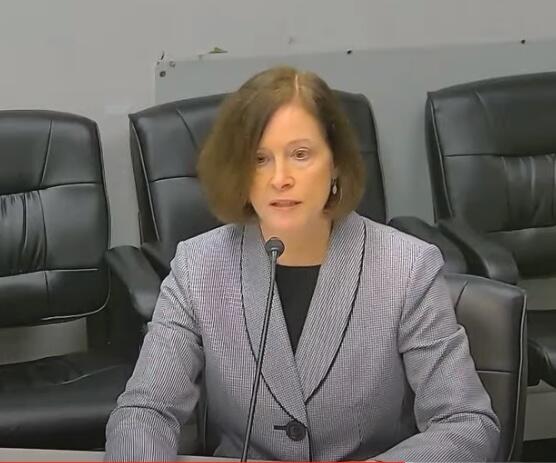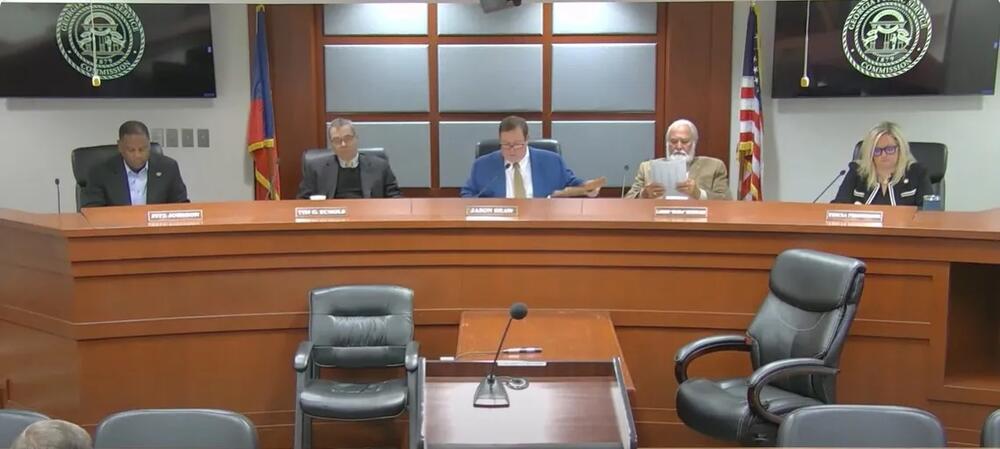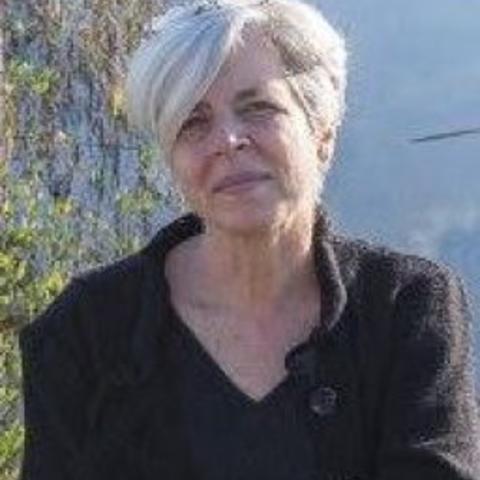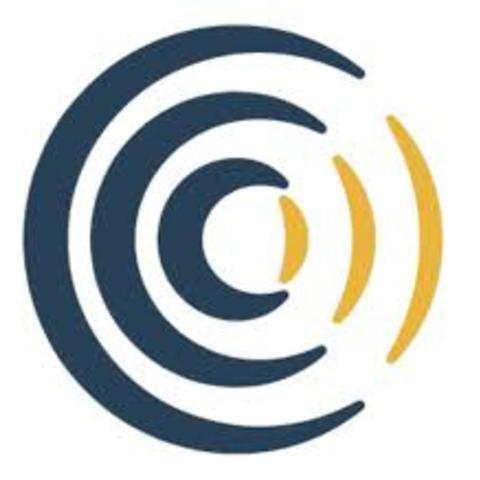
Section Branding
Header Content
Nonprofit forms to keep eye on Georgia utilities
Primary Content

Frustrated with soaring electric bills and unresponsive state officials, consumer energy expert Patty Durand earlier this week announced a new nonprofit she’s formed to address utility costs and regulation in Georgia.
Called Georgia Utility Watch, it aims to protect Georgia consumers through “utility oversight, reform advocacy, and public education.”
“We’re an organization dedicated to protecting Georgia consumers with fair rates, transparent practices and accountable leadership,” Durand said. “All three of those are seriously compromised issues in Georgia.”
The nonprofit is focused on the activities of the Georgia Public Service Commission, the state’s elected five-person panel charged with regulating utilities, including the state’s largest electricity provider, Georgia Power.
“The reason for this nonprofit is there isn’t anyone at the commission looking out for (consumers),” Durand said. “Industries have their own lobbyists, and they are down there lobbying every day for their interests, but there’s no one lobbying for consumers, and they have really paid the price.”
The Georgia Utility Watch homepage slams both the PSC and Georgia Power, an investor-owned regulated monopoly that provides electricity to more than 2.4 million residential customers in Georgia.

“Georgia Power earns the highest utility profits in the U.S. from an 11.9% Return on Equity that is far above utility industry norms of 9.57%,” it states.
Below that, an annotated photo of a PSC hearing tallies the greater than $10,000 donations made to the PSC Commissioners by each of the three lawyers representing Georgia Power at the hearing, one in which the utility sought and received rate increases.
“This is legalized corruption,” Durand concludes in the caption.
The top reform on the nonprofit’s agenda is to re-establish the Consumers’ Utility Counsel or create something akin to it to advocate for consumers at the PSC. Such a board existed within the Governor’s Office of Consumer Protection but it was disbanded after the 2008 recession amid statewide budget cuts. A bill to revive the consumer watchdog function failed to advance in this year’s legislative session.
“We’ve needed something like this for at least 10 years, because when the Consumer Utility Council got defunded and repealed, there hasn’t been anybody at the Commission doing an adequate job advocating for consumers,” Durand said. “The results tell the story. The anti -consumer policies have proliferated, and the rates have increased at double the pace of inflation.”
Among its other top reforms, Georgia Utility Reform aims to:
- Change the name of the Public Service Commission to the Public Utility Commission to assist voters in understanding the existence and role of this critically important agency.
- Require that data centers pay the cost of meeting their energy needs instead of shifting costs to residential and small businesses.
- Restructure Georgia Power’s compensation from cost recovery (translation: the more they spend the more profits they receive), to a more modern compensation model that includes performance metrics.
- Establish a prohibition on “stipulated agreements” between the PSC and Georgia Power until after the full hearing process has been completed. Stipulations are legally binding agreements between parties involved in the proceedings; they often define the scope of the Commission’s final decision in the case.
Durand is a former PSC candidate. Legal challenges to the way Georgia elects its utility regulators postponed the vote in 2022 when she ran. Two PSC seats are back on the ballot this year, but Durand opted to start her nonprofit instead of resuming her candidacy.
Durand spent 10 years as the executive director of the Smart Energy Consumer Collaborative, a nonprofit that educates utilities on what their residential and small business customers want, and also educates consumers on the benefits of smart energy. She explained:
“We studied things like, ‘Do customers care about climate change? Are they willing to pay more or change their behavior to reduce CO2? Would customers want rooftop solar and do they want a battery, an EV battery to the house connection?’
In this role, Durand saw utilities around the country responding to consumer preferences in ways that her own electricity provider, Georgia Power, did not.
“That put me on the front row seat of what was happening across the country with utilities and state commissions, and I would come back to Georgia and be really jealous,” she said.
In 2021, Durand left the national nonprofit to start her own consulting business in Atlanta, Cool Planet Solutions.
Georgia Utility Watch is an advocacy nonprofit, a 501(c)(4) so donations to it are not tax deductible. Its five-member board includes former PSC Chairman Bobby Baker and Diana Dietz, an anti-data center activist from Fayette County.

Dietz, a retired nurse, became aware of data centers when Quality Technology Services laid out plans for a 612-acre data center site three miles from her house. Friends and neighbors found themselves in the path of the high voltage power lines needed to bring electricity to the data center.
The QTS data center in Fayette is projected to need 1.4 gigawatts of electricity to operate. That’s more than the production of one of the new $17.5 billion reactors at the Vogtle nuclear power plant.
Dietz and several other Fayette residents brought their concerns to the Georgia Public Service Commission on Halloween last year to no apparent avail.
She’s determined to make more people aware of the downside of data center growth. That includes an increase in energy production, which will affect consumer pocketbooks across the state as well as land use near the data centers.
“These data centers, if they were not coming, Georgia Power would not need to build new substations, and they would not need to destroy people’s quality of life, but the reason is data centers,” Dietz said.
PSC elections are resuming this year, and eight candidates qualified in early April for the PSC primary to be held statewide on June 17.
To help voters make their decisions, Georgia Utility Watch is planning to create a scorecard that provides commissioners’ voting records, which the PSC itself does not compile.
“Right now literally nobody can know how they vote,” Durand said. “It’s not like legislation where you can go online. They vote as a block, and it’s impossible to know if it’s good or not.”
This story comes to GPB through a reporting partnership with The Current.


